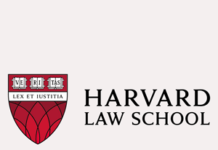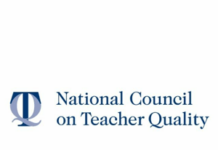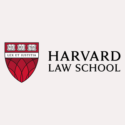 A new report from the U.S. Bureau of Labor Statistics shows that of the 2.9 million students who graduated from high school in 2014, about 2.0 million, or 68.4 percent, were enrolled in college in October 2014. This includes both full-time and part-time enrollments.
A new report from the U.S. Bureau of Labor Statistics shows that of the 2.9 million students who graduated from high school in 2014, about 2.0 million, or 68.4 percent, were enrolled in college in October 2014. This includes both full-time and part-time enrollments.
Among 2014 high school graduates, African Americans were more likely to enroll in college by October than their White peers. Nearly 71 percent of 2014 Black high school graduates had enrolled in college by October compared to 67.3 percent of Whites.
Of the 263,000 Black high school graduates in 2014 who were enrolled in college, 67,000, or 25.4 percent, were also employed. About 35.5 percent of new White high school graduates who enrolled in college in 2014 also had jobs.
The unemployment rate (those looking for work who couldn’t find it) for Black high school graduates who were enrolled in college was 30.1 percent. For Whites, new high school graduates who were enrolled in college had an unemployment rate of only 11.1 percent.












The latest black student enrollment data shows promise, however, it really is not too surprising given the fact that many black students understand the importance of postsecondary education for both career and personal advancement. The issue that is more pertinent is not the enrollment of students but the actual completion rates that have been achieved. This piece of the puzzle has been and continues to be the most problematic, regardless of what type of institution they attend (e.g. HBCU or Predominantly White Institutions). One hopes that those of us who know the research can implement best practice strategies to improve graduation rates among blacks and other minority groups who have been lagging behind in degree attainment. Faculty continue to play a pivotal role as well as students utilizing support services on their respective campuses.
Dr. Henderson, it is so fascinating that you mentioned the real problem is attainment amongst these groups of students. I think you’ll find my dissertation interesting because I address the same issues you speak of. My study focused on discovering ways in which leaders at the college level INSPIRED first-generation African American college students to graduate. You’re right, black students ARE enrolling at a higher percentage rate than in the past, but the problem is they still lag behind the graduation rates of their counterparts.
A a second generation college grad, who is Black, both Dr. Wilson & Dr. Henderson have honest points. From my observation of friends at PWI’s & HBCU’s it all boiled down to finances. A lack of money has been the main reason a lot of students do not finish on top of some students not being academically prepared for college & being matched at the wrong university; while being overwhelmed by certain curriculums. On the other hand students at more selective schools are usually mistreated & emotional issues hinder their completion. This may seem like a common sense answer but it is a reality of a lot of students. There is not enough federal aid being offered to students from low income & middle class (under 300K) backgrounds by schools. Especially the PWI’s (where 80% of Black students are enrolled). If a student feels that they are taking on too much debt (loans) they will drop out & get comfortable with a wage job that offers temporary security not understanding the long term benefits of a job that requires the bachelors degree.
I found racism at my predominantly white and Asian instituition was extremely high from students and professors mainly Asians. The admin tried to push group work but would tell the students to form their own groups. 20% of your grade was deducted if you couldn’t get into a group. 80-90% of the student body was from Korea and China. They claim it is their culture to only work the Chinese and Koreans. So the black students are basically being screwed over. Many of them dropped out due to this because the work load is designed to be unfairly high.